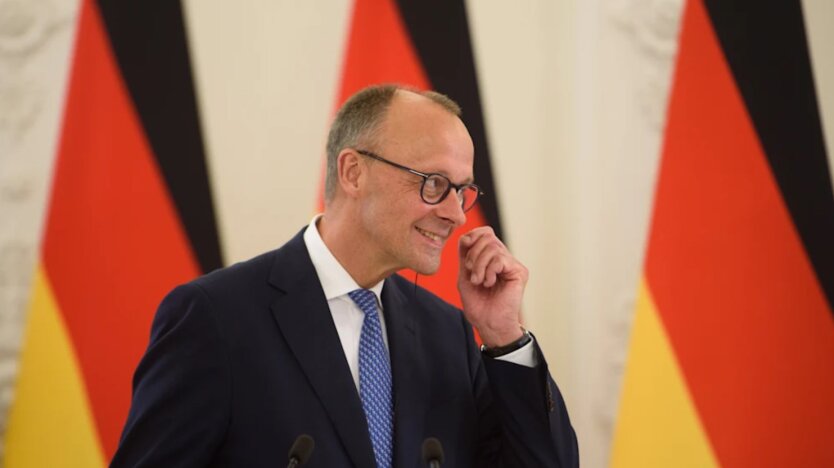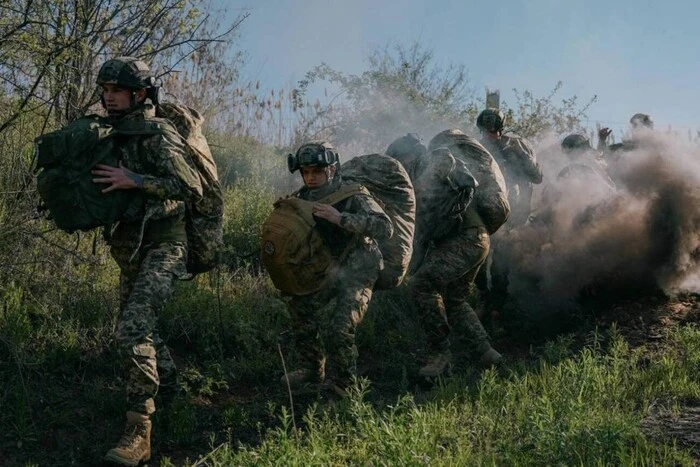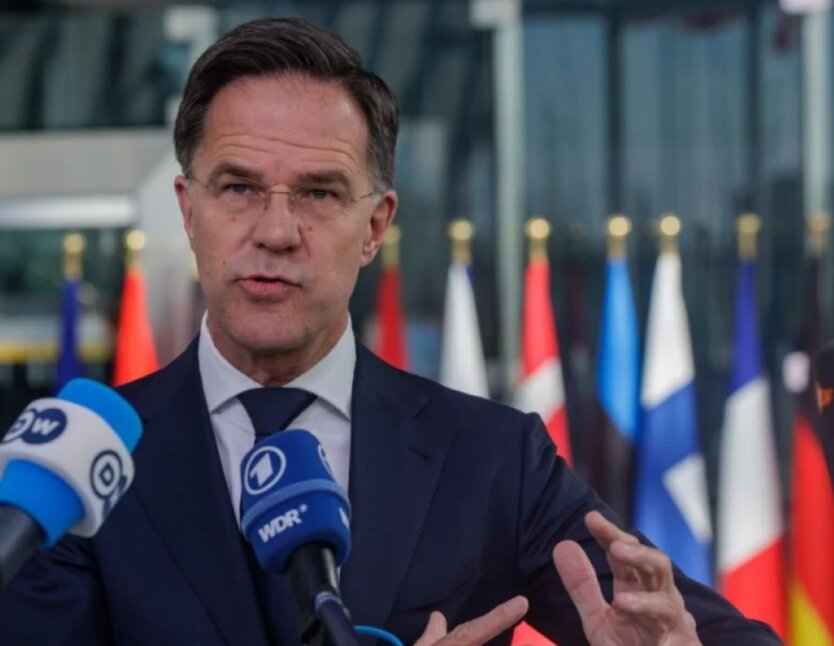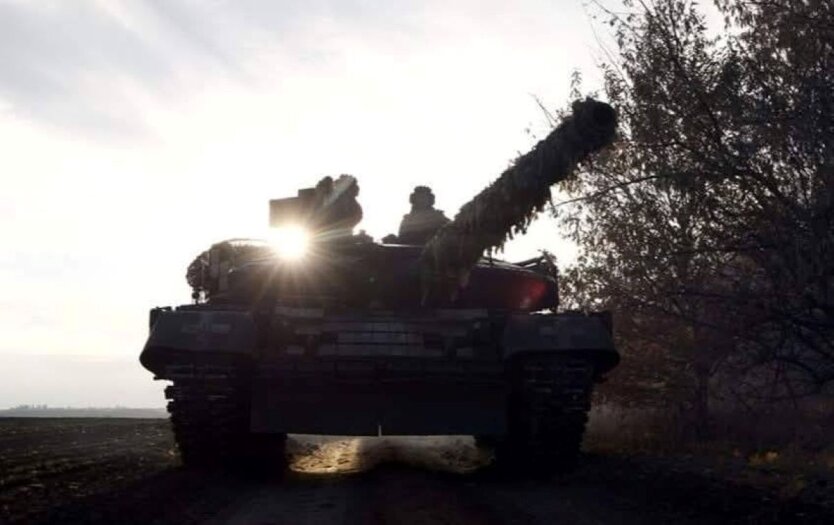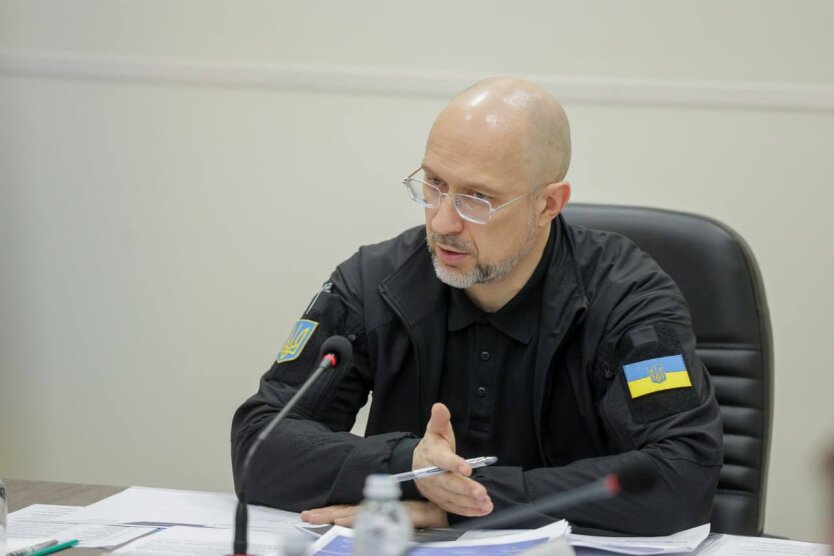The Russian government has fallen into an inflationary spiral — expert.
02.10.2024
2056

Journalist
Shostal Oleksandr
02.10.2024
2056
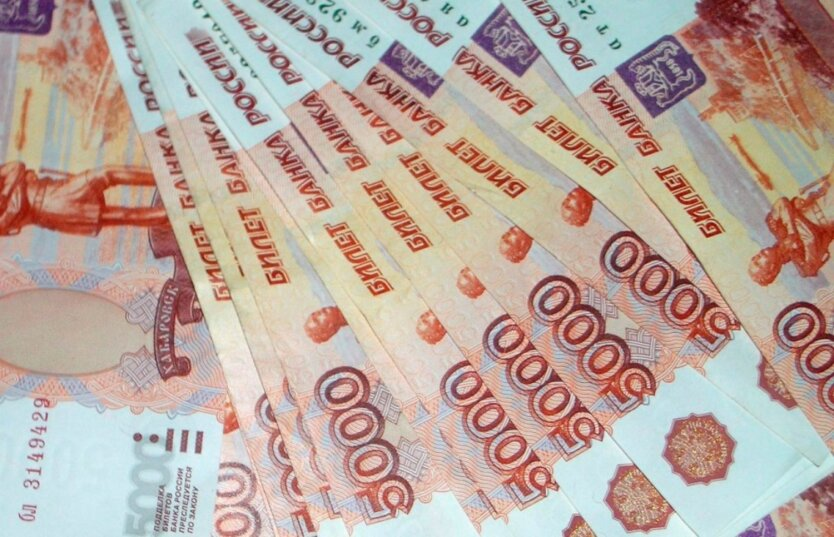
The Russian government has fallen into an inflationary spiral: the more money is spent on expenses that do not saturate the market with goods, the more prices rise. This was stated by Russian economic observer Maxim Blunt.
"The government has simply fallen into an inflationary spiral: the more money it spends on those expense items that do not saturate the market with consumer goods, the more prices rise, and the more it has to spend this money. Now, if previously your metallurgical plant produced special steel for weapons manufacturing, as well as products used to make pots, pans, and roofing iron, now this plant is exclusively focused on special steel, and roofing iron with pots have to be purchased from China. Accordingly, prices rise, the consumer market is not saturated, more has to be paid to workers, but there is no benefit from this,"he said.
Blunt also stressed that the inflationary spiral affects the budget so much that when planning for next year, the figures may be irrelevant.
"Just like with the current year's budget. In 2025, it was planned that military spending would decrease, but in reality, they are increasing. 30% and 41% of all budget expenditures go to war and national security,"the economic observer explained.
According to him, the efficiency of Russian military expenditures is decreasing, leading to stagnation in the Russian economy.
"Therefore, there is no longer any doubt that this will continue until the end of the war or the end of the Putin regime. Citizens are paying an inflationary tax, and businesses will be paying more taxes, which negatively affects the efficiency of their work and the production of goods for the population. The number of people who support and sustain this system is decreasing, while the number of people who benefit from it is increasing,"said Blunt.
According to the expert, the Russian economy is approaching stagflation, which is already beginning to materialize.
"Stagflation is negative because any actions by the government or the Central Bank lead to stronger negative consequences than positive ones. Fiscal stimulus, for example, leads to increased inflation. Production begins to decline if the interest rate is raised to reduce inflation. The effectiveness of such measures is limited,"Blunt said.
Read also
- EU to impose 18th sanctions package against Russia: Merz calls on the US to join
- The media published a report on Iran's surviving nuclear arsenal. The Pentagon will hold a press conference
- Front line as of June 25. General Staff report
- NATO has committed to spending 5% of GDP on defense and recognizes Russia as a long-term threat: what it means for Ukraine
- The enemy is intensifying assaults on the Defense Forces' positions in the Vovchansk and Lyptsi areas
- The area of mined territories in Ukraine has decreased by 20%

